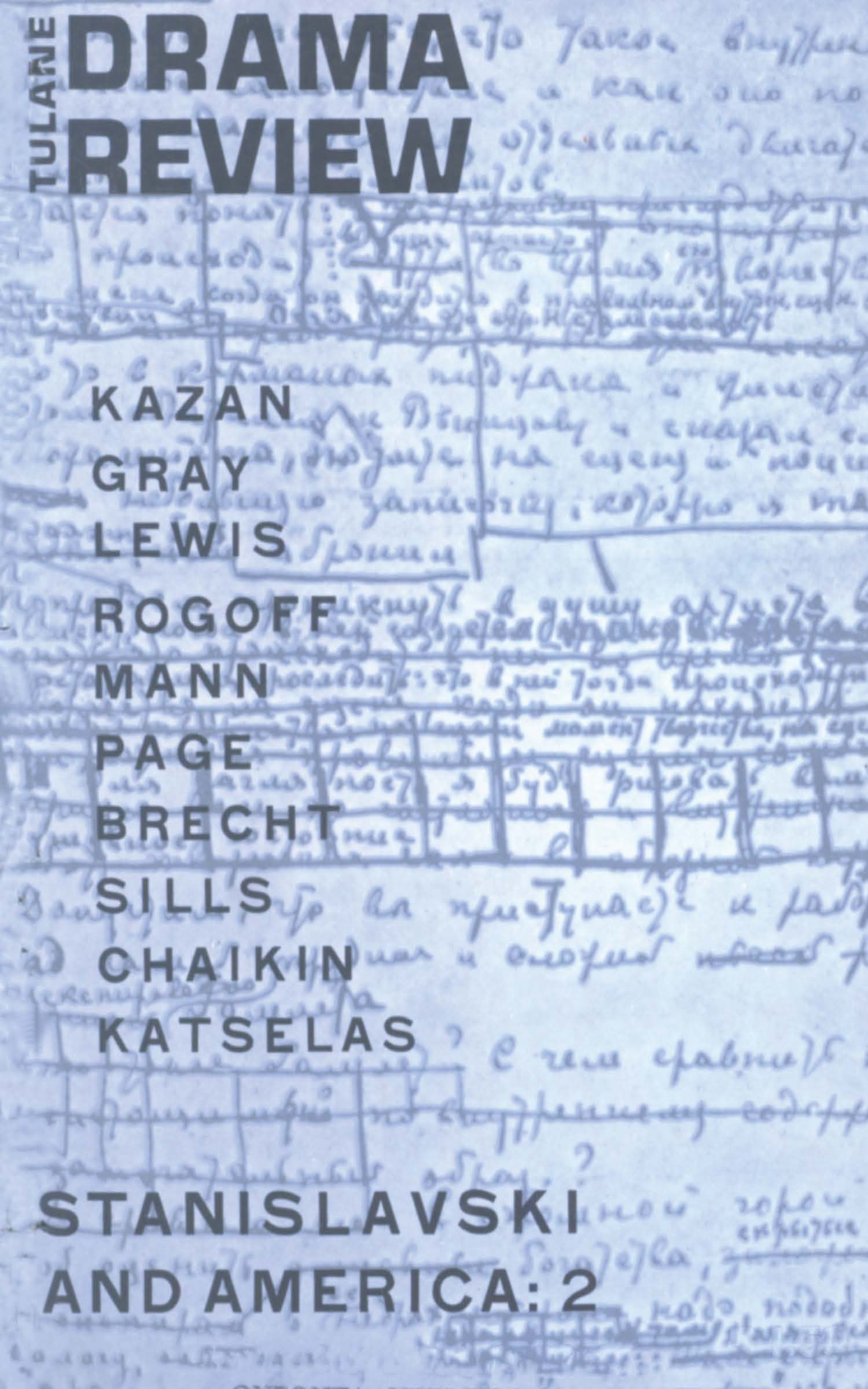Article contents
The Criticism of Greek Tragedy
Published online by Cambridge University Press: 03 February 2022
Extract
My purpose here is to do a little superstitious rapping in the hope of persuading into existence something a little different in the kind of criticism we normally bring to bear upon Greek tragedy. If this seems pretentious, blame the subject in part: Greek tragedy requires, I think, a formidable apparition by way of an adequate criticism and certainly a larger one than I can summon up, though also a larger one than presently attends the scene. What I want to do is to outline the nature of the job to be done, as I see it, and to discuss what seems to me inadequate in both the traditional and contemporary ways of writing about Greek tragedy.
- Type
- Research Article
- Information
- Copyright
- Copyright © 1959 The Tulane Drama Review
References
Notes
1 Much of contemporary dogmatizing about what Aristotle did or did not mean seems to me to rest squarely upon uninformed or unimaginative interpretation of what Aristotle actually said. I am encouraged in this opinion by Professor Else's, Gerald F. magisterial Aristotle's Poetics: The Argument (Harvard University Press, 1957)CrossRefGoogle Scholar, surely the most important book on Aristotelian criticism in the twentieth century and one which will inevitably shape and alter the whole tenor of modern explication of Aristotle.
At my request, Professor Else has provided me with a brief statement of his views of what Aristotle actually said, and I quote him verbatim in the conviction of complete agreement. He writes: “There is no doubt that the root and center of Aristotle's theory of tragedy, indeed of all poetry, is the idea of an action (N.B. “an action,” not simply “action“). It should be easy to say what he means by an action, since he talks about it so much; but there are obscurities and ambiguities. Perhaps the key is that an action is a transaction, the living out of a decisive turn of events by a significant human being. Aristotle seems to say that neither people nor situations—suffering, hopelessness, demoniacal possession, or whatever— are tragic in themselves. Involvement in action is the signmanual of our human condition and our passport to happiness; it is also the warrant of our possible ruin. Without action a man can be, but he can neither win nor lose; and the winning or losing (not having-lost or being-about-to-lose, or even being-such-as-to-lose) is the tragedy. What is tragic is neither the potentiality nor the actuality of suffering, but its actualization. Tragedy cannot be displayed, but only enacted. It would seem to follow that the tragic action, though involved with universals—character (type), characteristic acts, pattern of events—is irreducibly a particular. Whether or not Oedipus is a type, the hell into which he enters is his individually, for only he has entered it through this action. But it is not clear whether Aristotle is aware of this further corollary. What he does do, beyond any ambiguity, is to insist on the primacy of the action.”
2 Cf. Electra, 11. 294-5, where Orestes states that pity (to oiktos) is never to be found among the amatheis but only among the sophoi i.e. compassion is a true component of “wisdom”.
- 6
- Cited by




